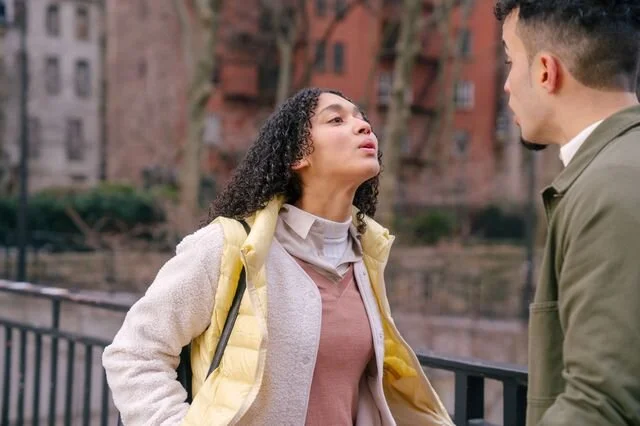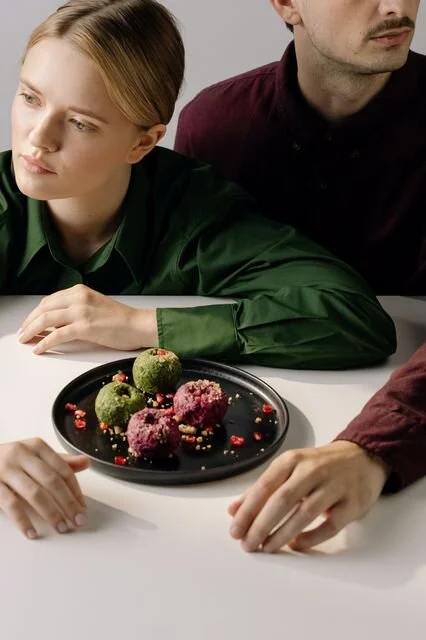A good relationship is not something you have.
A good relationship is not something you are in. A good relationship is something you do. It is something you practice. In his book, The New Rules of Marriage, Terry Real says that this relationship practice is “not something you do once or twice in big ways but rather something you keep doing day by day, minute by minute throughout your life” (p. 77, Kindle version).
Real gives an example of this relationship practice. “Your partner says something. In the following instance you have choices to make. Your response can be mature or immature, artful or spontaneous, thoughtful or thoughtless. Relationship practice occurs—or doesn’t occur—in that split second before you choose. Will you run your response, or will it run you? Will you be under the miller’s wheel, or will you be the miller?” (p.77)
Relationship practice is very similar to mindfulness practice. You may remember that mindfulness is being fully aware and fully accepting of what is happening in the present moment in an open and nonjudgmental way. Mindfulness is a practice that is helpful with the thoughts and feelings that come with anxiety or depression. It can also be helpful with the thoughts and feelings that come up in your interactions with your spouse.
It is so easy to fall into these automatic reactions to your partner’s behavior, and it is easy for your partner to do the same. When that happens, you get locked into a defensive reaction pattern. I like to make a distinction between a reaction and a response. When I cross my legs and tap my knee, I don’t think to myself: Well, of the interested things I could do when I tap my knee, I think this time I am going to shake my leg. There is no thinking involved. It is a reflex, an automatic reaction.
You can have the same kind of automatic, reflex reactions in exchanges with your partner.
Mindfulness invites you to be aware of the thoughts, feelings, and physical sensations that are happening in these reactions. You might even say something out loud to your partner. “I heard my voice get louder, and I felt this knot in my stomach. When that happens, I know I am getting defensive and reacting. I am going to stop for a moment and figure out a way to respond that is more in line with how I want to be.” Just saying that out loud can disrupt your role in the defensive reaction.
Hopefully, you can see that this relationship practice is more than a collection of techniques. Instead, it is an invitation to a new level of awareness, what Real calls “a second consciousness” (77). Of course, to develop this new level of relationship awareness, it is important to identify the dynamics that get in the way of this second consciousness. One of these dynamics is what Real calls “your core negative image—or CNI—of your partner” (p. 82).
The best way to get in touch with this CNI is to think about the fights that you have with your partner that never seem to get resolved. The reason these conflicts happen over and over is not because of poor communication skills. Instead, it is because you aren’t really engaging your partner; you are engaging the worst fantasy you have about your partner. You are engaging your CNI. This fantasy includes all the negative actions and attitudes you have assigned to them. “He is always selfish and inconsiderate. She is always irrational and out of control.” And when you have two people doing this to one another, it is easy to see how arguments can become heated and damage the relationship.
In future blogs, I will explore how you can be aware and define more clearly the CNI you have of your partner. You will learn how to use this CNI to improve your relationship. But the beginning point is this practice of mindfulness, to be aware when your defensive reaction has been triggered and to choose a different response.
If you want to know more about how counseling can help your relationship, please visit my marriage counseling specialty page.


